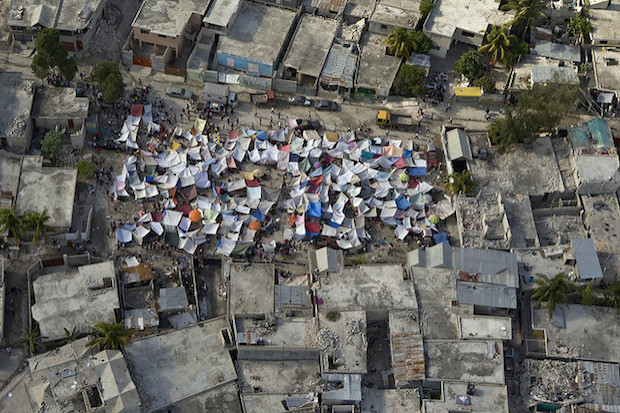Tag: humanitarian crisis
News
- Articles from Policy & Internet
- Books
- Call for Papers
- Child Safety
- Collective Action
- Conferences
- Democracy
- Development
- Economics
- Education
- Environment
- Ethics
- Governance & Security
- Health
- Interviews
- Mapping
- Methods
- Policy
- Politics & Government
- Publications
- Social Data Science
- Submissions Closed
- Tools
- Video
- Wellbeing
-

How useful are volunteer crisis-mappers in a humanitarian crisis?
—
Concerns have been raised about the quality of amateur mapping and data efforts, and the…